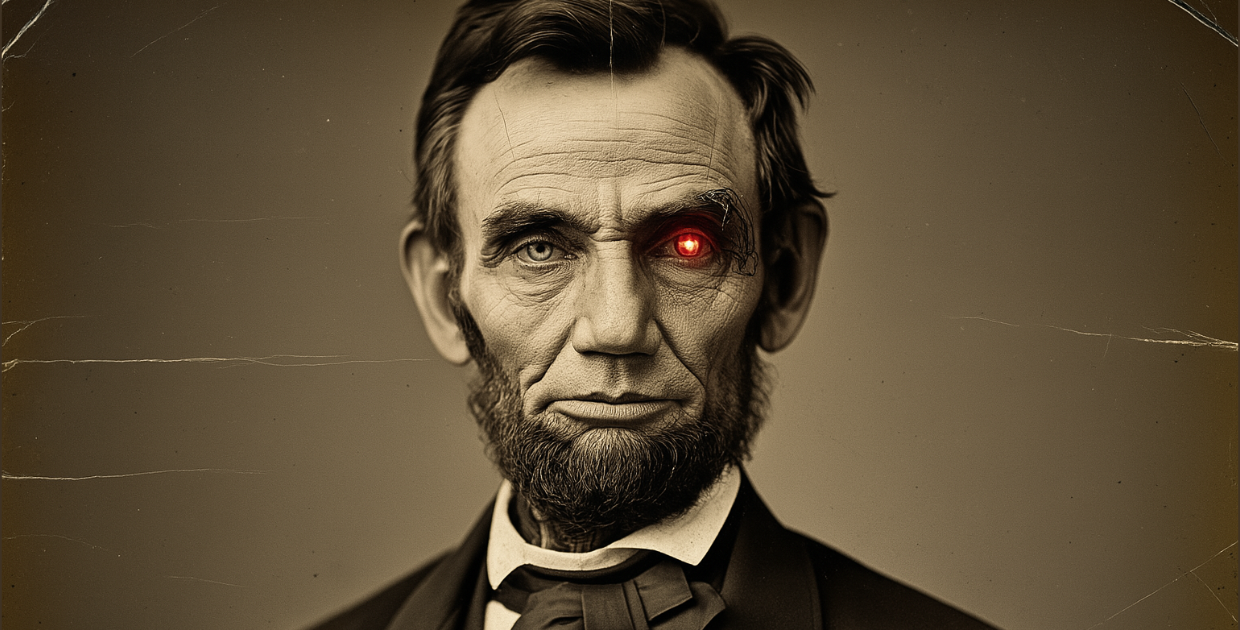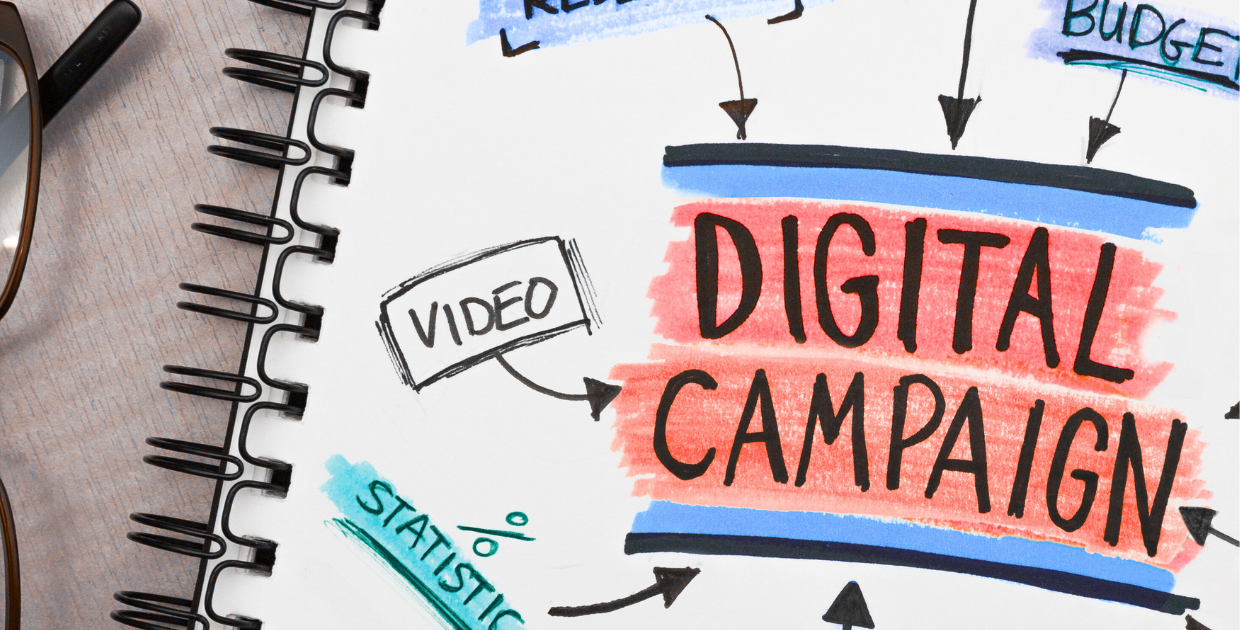Today we’re talking with Michael Duncan, a founding partner at Cavalry, an issue management firm that works with Fortune 500 companies, trade association, political and non-profit clients. He’s had an extensive career in digital campaigning, but he’s also the host of the Ruthless Podcast, which has taken the GOP political world by storm over the last 3 years. They were just tapped to provide the pre-game coverage for the first Republican presidential debate this year. In our conversation, we talk about the growth of the podcast, what lessons he’s learned as a content creator, and how he thinks more campaigns can embrace the power of audience building.





